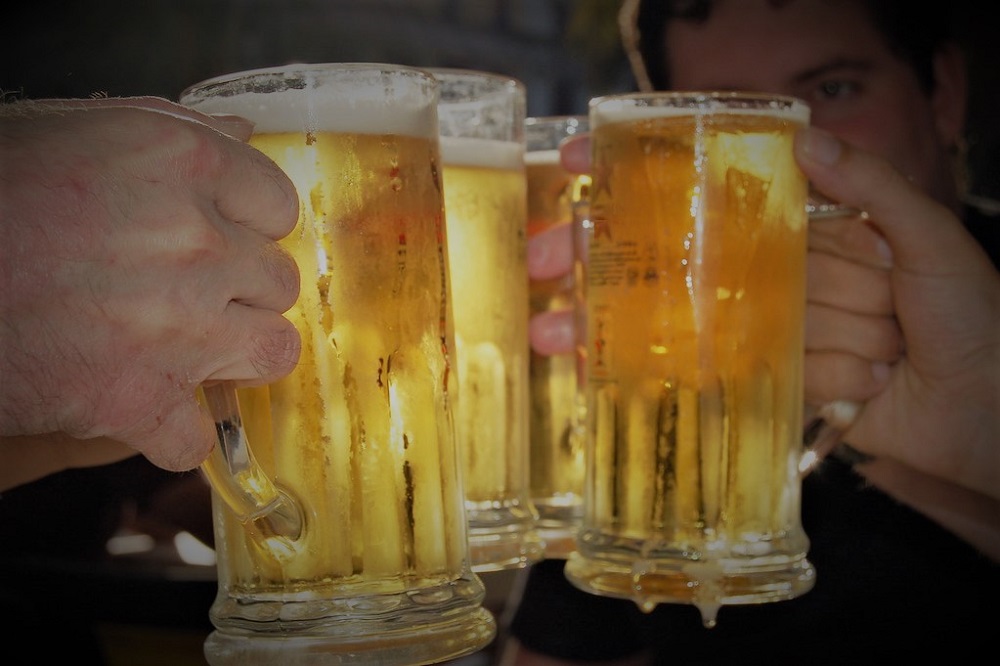Call for England to follow Wales on minimum alcohol prices after ‘pandemic drinking culture’ continues

The Institute of Alcohol Studies have called on England to follow Wales and Scotland with minimum prices on alcohol after a culture of heavy drinking at home has continued after the Covid pandemic.
The independent body has said that that if drinking does not return to pre-pandemic patterns, by 2035 there will be an additional 10,000 premature deaths in England.
Dr Sadie Boniface, head of research at the IAS, recommended setting a minimum unit price for alcohol in England, as there is in Scotland and Wales, and more funding for alcohol treatment.
“We lack an alcohol strategy and progress on alcohol harm has been limited in recent years in England,” she said. “This research should act as a ‘wake-up call’ to take alcohol harm seriously as part of recovery planning from the pandemic.”
She added inan interview with the Times: “The thing that’s concerning for us is that we haven’t been in lockdown for more than a year, and those drinking patterns that we saw during the lockdown in the emergency phase, they’ve continued, according to the data that we have available.
“There’s a kind of polarisation in drinking that happened during Covid, that’s still happening. Some more moderate drinkers have decreased their drinking or quit completely. People who normally did most of their drinking in pubs and restaurants, their habits might not have shifted into the home.
“Drinking to cope with the stress of lockdown might be one reason. Another reason might be that you could only drink at home, and so alcohol became a lot cheaper if they were used to drinking in restaurants.”
‘Goal’
New evidence published last week however suggested that the introduction of minimum pricing for alcohol may not curb the habit of more vulnerable consumers.
Experts looked at Scotland, where a minimum unit price (MUP) of 50p per unit (8g) of pure alcohol was set in May 2018 in Scotland as part of a national alcohol strategy designed to curb harmful drinking.
Wales then brought in the same measure in March 2020.
But the study showed that consumption among the 5% of heaviest drinkers in Scotland actually increased after the price control measure was introduced.
Previous research has shown MUP has been associated with larger reductions in consumption among heavier drinkers, overall.
The new study published in BMJ Open, which looked at the impact of MUP on alcohol consumption between Scottish men and women, said consumption fell more in women who tend not to drink as heavily as men.
But it also said the alcohol tax was not associated with reduced consumption in younger, more deprived, or heaviest drinking men — those the policy was primarily designed to target.
In a joint statement, the authors said: “When the Minister for Public Health, Sport and Wellbeing introduced the 2018 alcohol policy framework, he emphasised that the implementation of the MUP was strongly motivated by an interest in decreasing health inequalities through a reduction in alcohol consumption among the heaviest and most vulnerable drinkers.
“Our results indicate that this goal may not be fully realised: first, we found that women, who are less heavy drinkers in our data and in almost all surveys worldwide to date, reduced their consumption more than men; second, the 5% of heaviest drinking men had an increase in consumption associated with MUP; and, third, younger men and men living in more deprived areas had no decrease in consumption associated with MUP.”
Support our Nation today
For the price of a cup of coffee a month you can help us create an independent, not-for-profit, national news service for the people of Wales, by the people of Wales.





